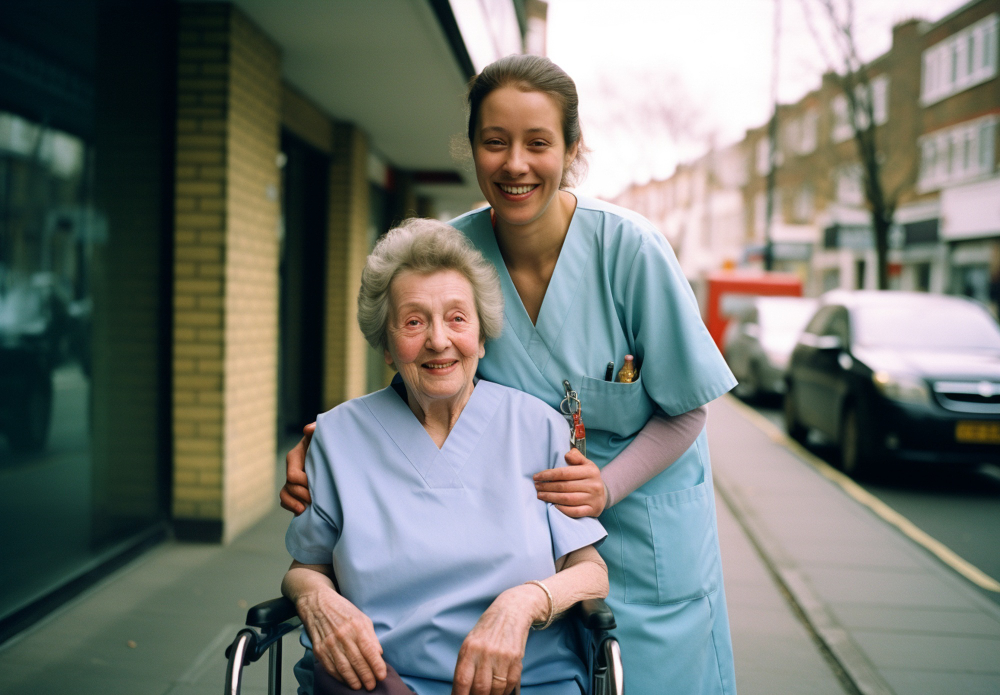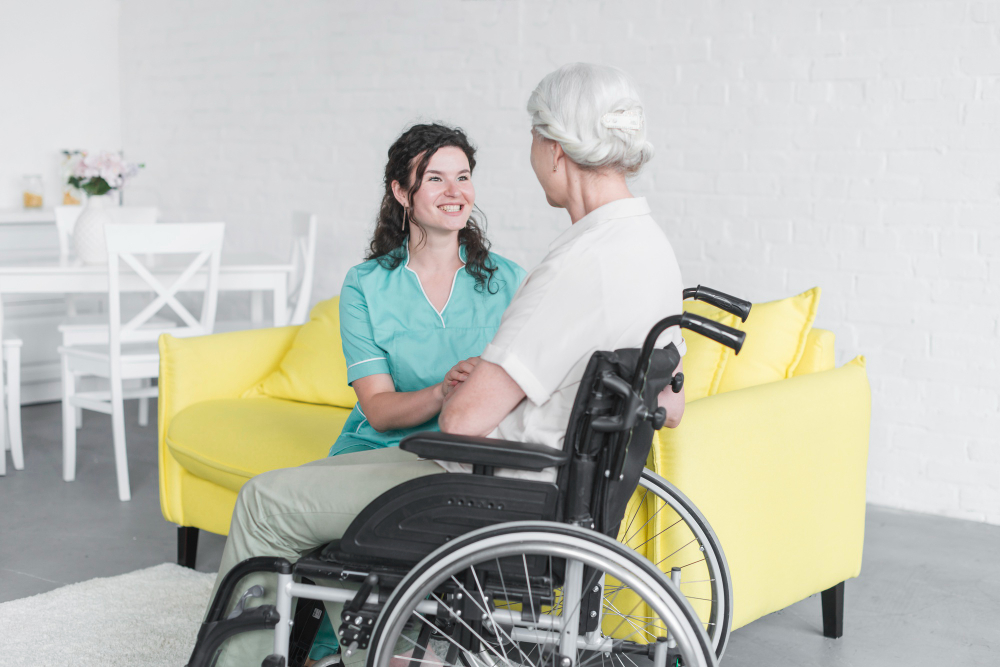Caring for wounds at home can be challenging, especially when proper medical support is needed. Many NDIS participants face difficulties managing wound care safely and effectively. This is where community nursing care in Perth plays a vital role. Skilled nurses help people recover faster, manage pain, and prevent infections from developing in their wounds.
Wound care through community nurses focuses on comfort, safety, and confidence. It helps clients heal properly while maintaining their independence. Whether it’s a small injury or complex wound, trained nurses provide personalised care that makes healing easier and less stressful.
Understanding Wound Care Under the NDIS
Wounds can occur from accidents, surgeries, diabetes, or other health conditions. They need special attention to heal properly. NDIS-funded community nursing in Perth gives participants access to professional nurses who know how to treat and manage wounds effectively.
These nurses are specially trained to:
Clean and dress wounds safely.
Prevent infections and complications.
Monitor how wounds heal over time.
Provide advice on nutrition and hygiene to support recovery.
Their approach ensures every participant receives the right level of support based on their health condition and wound type.
Benefits of Having NDIS Community Nurses for Wound Care
Receiving wound care from experienced nurses has several advantages. It helps participants avoid hospital trips and maintain comfort in familiar surroundings.
The primary benefits of community nursing care in Perth for wound management include:
Faster recovery through correct cleaning and dressing methods.
Reduced risk of infection with sterile wound treatment.
Pain management using gentle handling and suitable products.
Regular monitoring to detect early signs of complications.
Education to help participants care for their wounds between visits.
NDIS community nurses work closely with individuals and their families to set up care plans that support safe healing.
Why Choose Community Nursing for Wound Management?
Nurses offering community nursing in Perth follow evidence-based methods to ensure each wound receives the right attention. Their services are not just medical but also personal and compassionate. They treat each client with respect and dignity, helping to build trust and comfort during each visit.
With consistent wound assessments and progress tracking, participants can regain confidence in managing their health independently. These skilled nurses help create a safer healing environment, reducing stress and promoting better outcomes for everyone involved.
How to Access Wound Care Through NDIS?
To receive support, participants can include wound care in their NDIS plan under community nursing services. A referral from a medical professional is often required. Once approved, community nursing care in Perth can be arranged for one-time or regular visits based on what is needed.
Each care session is customised according to wound type, size, and healing progress. This ensures care remains effective, flexible, and person-centred at all times.
Effective wound care needs professional help, gentle support, and careful planning. Skilled nurses offering community nursing in Perth provide wound treatment that promotes faster healing and greater comfort at home.
Contact Our Friendly Team Today!
Call us now at 0493 370 126 to learn how NDIS community nurses at CaptainK Supports and Cares can help with your wound care needs. We are dedicated to offering care that empowers your independence and supports better health every day.
FAQs:
Can NDIS participants access wound care through community nursing?
Yes. NDIS participants can access wound care through community nursing if their plan includes nursing support. These services are funded under the NDIS to help manage, treat, and monitor wounds effectively at home.
What types of wounds can community nurses help with?
Nurses providing community nursing care can assist with many types of wounds, including surgical wounds, diabetic ulcers, pressure sores, burns, or post-accident injuries. They tailor care depending on the wound’s condition and healing needs.
How can community nurses prevent wound infections?
Community nurses use sterile techniques, advanced wound dressings, and regular monitoring to prevent infections. During community nursing, nurses also educate patients on hygiene and dressing care to support infection-free healing between visits.
What are the benefits of getting wound care at home?
Receiving wound care at home is convenient and less stressful. With community nursing care, participants recover faster, experience fewer hospital visits, and receive personalised attention suited to their specific medical conditions.
How are community nursing visits scheduled under NDIS?
Visits for community nursing are arranged based on the participant’s NDIS plan and wound condition. Some clients require daily visits, while others may need weekly care or periodic wound checks, depending on recovery progress.
Do I need a doctor’s referral for community nursing wound care?
Yes. Most NDIS-funded wound care requires a referral from a doctor or allied health professional. This ensures that community nursing care is provided safely and according to the participant’s overall health plan.
What should I prepare before a nurse’s visit for wound care?
Before a visit under community nursing, participants should ensure a clean space, provide access to their care records, and have wound dressings or required medical items ready. The nurse will guide you on what else is needed during the appointment.
How long does a wound typically take to heal with nursing support?
Healing time depends on the wound’s type, size, and overall health condition. With community nursing care, wounds often heal faster because of consistent monitoring, proper cleaning, and professional dressing application.
Can community nurses provide education to help me manage my wound?
Yes. A major part of community nursing involves educating participants and families about proper wound care. Nurses teach how to keep the wound clean, change dressings safely, and spot early signs of infection for quicker recovery.







